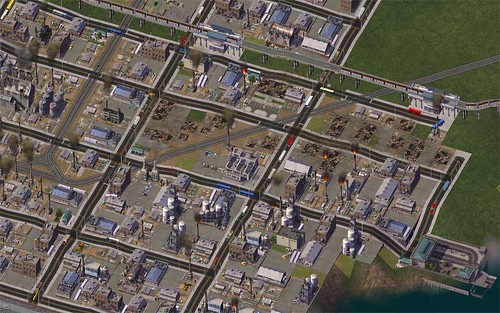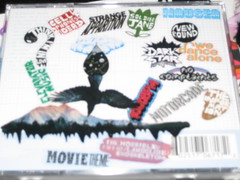Still waiting for pop-up torts
When I was younger I had a book called Incredible Cross-Sections. (Which I've just now discovered is available in pop-up form...) The book took illustrations of cruise ships, castles, submarines and more and did to them the stuff of Ron Popeil's dreams.
I think the book was meant to appeal to the aspiring engineer in kids, but for those who dislike subliminal attempts to have you learn whilst having fun, the book had other rewards. Notably, in each cross-section there was always a bathroom with someone in it, and it was always rather amusing how the toilets of the era operated.
This is precisely why I find my current reading, Steven Johnson's book, The Ghost Map, so disgustingly fascinating. It's a book about the London Cholera outbreak of 1854, filled with facts and anecdotes about how the bustling city was a perfect breeding ground for disease and how the old British cure-all of running it under a cold tap (see 6th paragraph) was a disastrous failure.
But the more I read it, I realize Johnson's simply replicating the wonderment of my childhood, and taking a cross-section of London in the 19th century, dissecting each strata of society and focusing in on those "amusing bits." In one section, he relates the tragic drowning death of "Richard the Raker," who, rather unfortunately, was not raking leaves, but doing much the same work as the dude I've highlighted in the picture above.
I recommend the book, but note it was delayed in Canada for some reason until December. Meaning you either have to wait, order from the US as I did, or cross your fingers for what's certain to be an interesting pop-up version.
Anyway, I bring all of this up on my law blog because it's the only time where I've been reading a non-law book that might actually become a useful citation for a law paper - in this case my Land Use Planning paper on earthquakes. I'm making an argument that Vancouver's earthquake mitigation efforts are mostly directed for after a disaster. There's a considerable amount of planning that can go great lengths to mitigating, if at least not damage itself, plenty of litigation. Johnson's book advocates, amongst other things, recognizing the emergent crisis around you before it reaches its tipping point.
Maybe I'll cite the cross-sections book too, just for the hell of it. Did anyone else here have it?



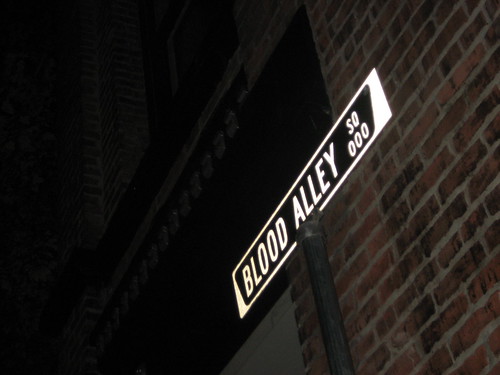
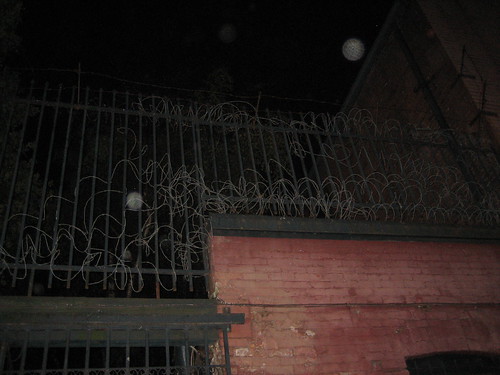
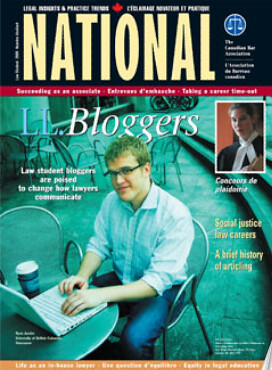



 17 years without having to use the bathroom in a film - gone. Not since the original Batman in 1989
17 years without having to use the bathroom in a film - gone. Not since the original Batman in 1989 



